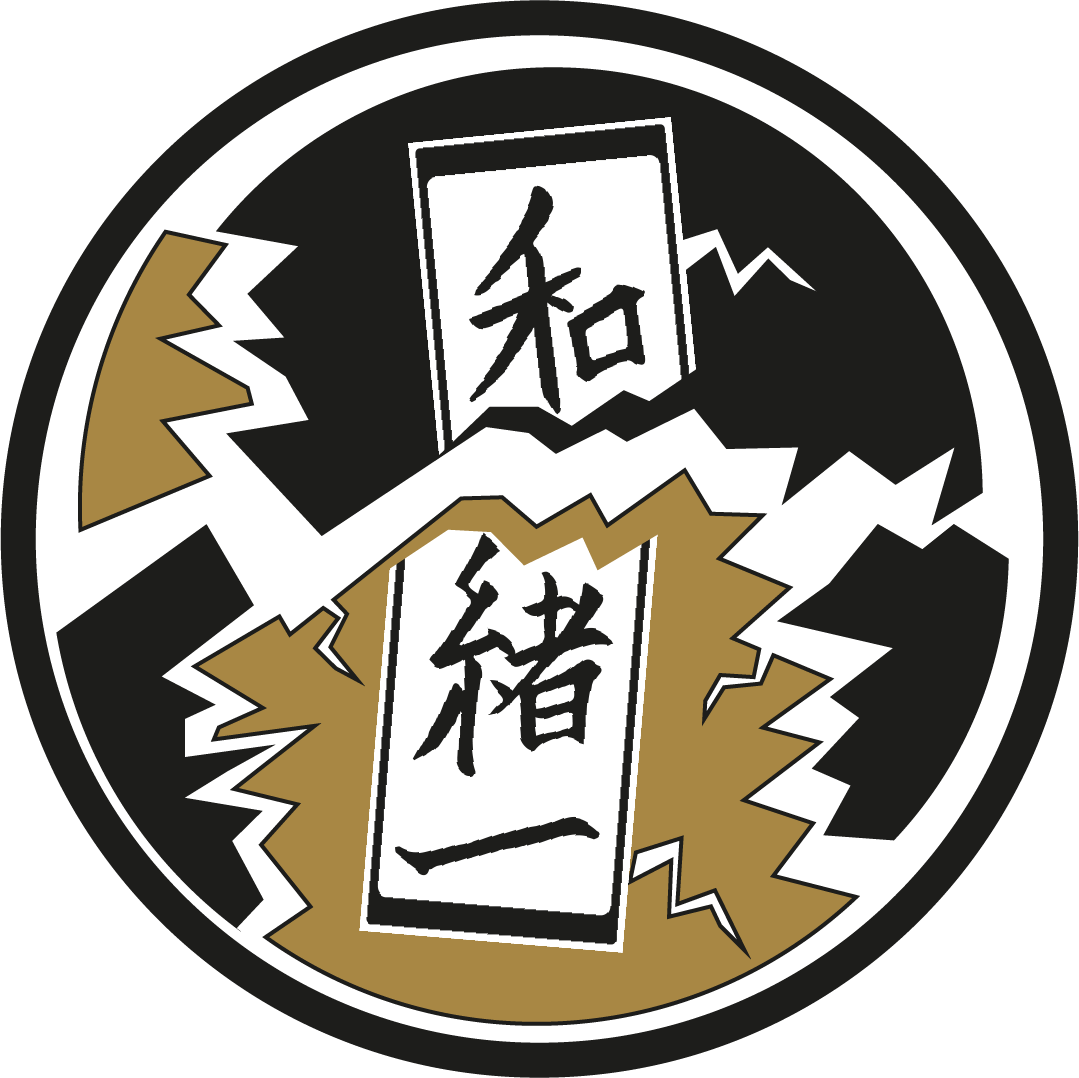This is my (Younger/Older) Brother
In some languages talking about your family members is not as easy as in others – the vocabulary can get complicated e.g., when such aspects as seniority are paid more attention to in a given language.
For example, Japanese differentiates younger siblings – otо̄to 弟 (younger brother) and imо̄to, 妹 (younger sister) – and the older ones – ani 兄 (older brother) and ane 姉 (older sister). So, you will only be using one word, but the person you are talking to will already know who was born first. Even twins have to remember which one took their first breath earlier.
The age factor remains significant also when the people in question are not yours, but your parents’ siblings. The uncle and aunt who are older than your mother or father will be written as 伯父 (oji) and 伯母 (oba), but if they are younger than your parent, they become 叔父 (oji) and 叔母 (oba). The pronunciation of the two is the same, so you will not hear any difference in speech, but you will see it in writing.
While these words sound identical and, in the end, the change in meaning is not that significant, there are other ones that are pronounced similarly, but mistaking the two can lead to an embarrassing situation. Such is the case with the aforementioned oji and oba, which mean uncle and aunt, and ojii お祖父and お祖母 obaa – grandpa and grandma. Whether the vowel at the end is short or long makes an enormous difference…
Then again, you can also say ojii and obaa to people you are not related with, but are just random elders. The pronunciation in this case will be the same, but different kanji characters would be used in writing – お爺 and お婆. Not to forget, most often you will add the honorific -san to the words that apply to your family, especially when talking directly to them, so oba will become oba-san, ojii will become ojii-san, and so on.
You might feel disheartened when you find out that something as basic as talking about your family can seem this problematic in Japanese – and it is probably more difficult than in English – but don’t worry, such details don’t come up that often!
Written by AL

